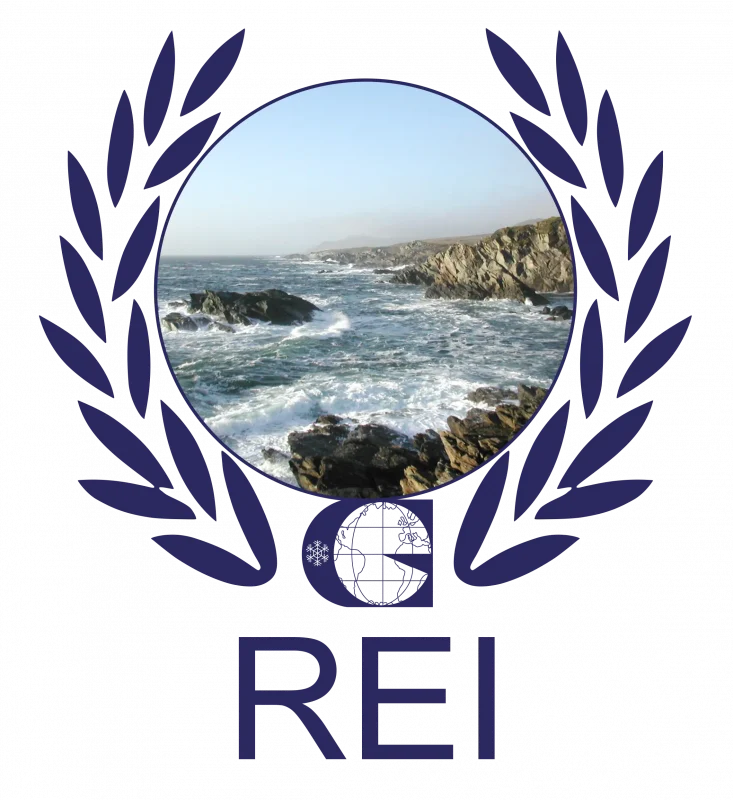Daily News
Highlights from European Sustainable Energy Week 2025
From 10th – 12th June 2025, the European Sustainable Energy Week (EUSEW) returned to Brussels, uniting key players from the clean energy sector and prominent speakers to encourage collaboration and shape the future of sustainable energy in Europe. This year’s event also serves as a key moment to reflect on the European Commission’s recent actions to promote accessible and resilient energy systems. In response to the 2022 global energy market upheaval, the Commission introduced the REPowerEU plan, which is aimed at reducing energy use, diversifying supply sources and accelerating clean energy deployment. Thanks to these efforts, the EU has significantly reduced its reliance on Russian fossil fuels, with renewables now accounting for 47% of the EU’s electricity.

In 2023, the European Union took a significant step toward accelerating its green transition by revising the Renewable Energy Directive. The updated directive raised the renewable energy target for 2030 to at least 42.5%, nearly doubling the current share of renewables across the EU. This ambitious goal reflects the EU’s commitment to cutting emissions, enhancing energy independence and building a resilient energy system fit for the future. Diversifying energy sources is a crucial part of this strategy. Since 2022, the European Commission has signed new agreements with a range of international partners to secure natural gas from more varied and reliable suppliers, reducing dependence on any single source.
To further strengthen Europe’s energy security and affordability, the Commission unveiled the Affordable Energy Action Plan in 2025. This comprehensive initiative aims to reduce energy costs for consumers and businesses, attract investment in clean technologies and accelerate the completion of the EU’s energy union. It is projected to save €45 billion in 2025 alone, with greater savings anticipated in subsequent years. The plan also enhances the EU’s preparedness for future energy crises. Clean and affordable energy has been set as a top priority for the 2024–2029 policy cycle, with the Clean Industrial Deal playing a central role. This initiative is designed to support the EU’s industrial competitiveness by driving decarbonisation and lowering energy prices across key sectors.
The European Sustainable Energy Awards 2025 kicked off the EUSEW, celebrating outstanding achievements in the fields of energy efficiency and renewable energy. As a key highlight of EUSEW, the awards honoured individuals and projects making a significant impact on Europe’s sustainable energy transition. Winners were selected through an online public vote in 3 categories, Innovation, Local Energy Action and Woman in Energy, narrowed down from a shortlist of 9 finalists chosen by a high-level jury.
One standout project was the Community Energy for Social Housing initiative in Otterbeek, Belgium, which received the Local Energy Action award. By installing solar panels on 200 social housing units, the project provided vulnerable tenants with clean electricity at below-market prices. Supported by the EU-funded TANDEMS project, it successfully raised €1 million through citizen contributions, offering an inspiring example of community-led financing. The awards ceremony not only recognised excellence but also set the tone for this year’s EUSEW theme: “Powering a fair and competitive green transition.”
Renewable energy is rapidly advancing across the globe, transforming global energy systems. Get in touch today to explore the Renewable Energy Institute’s accredited courses and join the shift toward a sustainable future.
Sources:
https://www.renewablematter.eu/en/european-sustainable-energy-awards-2025-winners
https://commission.europa.eu/news-and-media/news/european-sustainable-energy-week-2025-clean-and-affordable-energy-eu-2025-06-10_en
